By Richard Luthmann
Phillip Kenner, once a successful financial advisor, is now living his final days in agony at Englewood Federal Correctional Institution (FCI) in Colorado. Afflicted with terminal cancer, Kenner, 54, has been caught in what he describes as a “deliberate bureaucratic indifference” that has denied him access to life-sustaining treatments.
“The Bureau of Prisons (BOP) doesn’t give you a right to try,” Kenner says. “They give you a right to die.”
But powerful forces, including a former FBI Director, may be behind the terminal cancer patient’s grim march to demise.
Kenner’s story is a tangled web of legal battles, corporate betrayal, and institutional negligence. Previously released on the CARES Act to receive medical treatments, the once-thriving businessman has spent over 300 days behind bars - for no good reason - under conditions he says have directly caused his cancer to return.
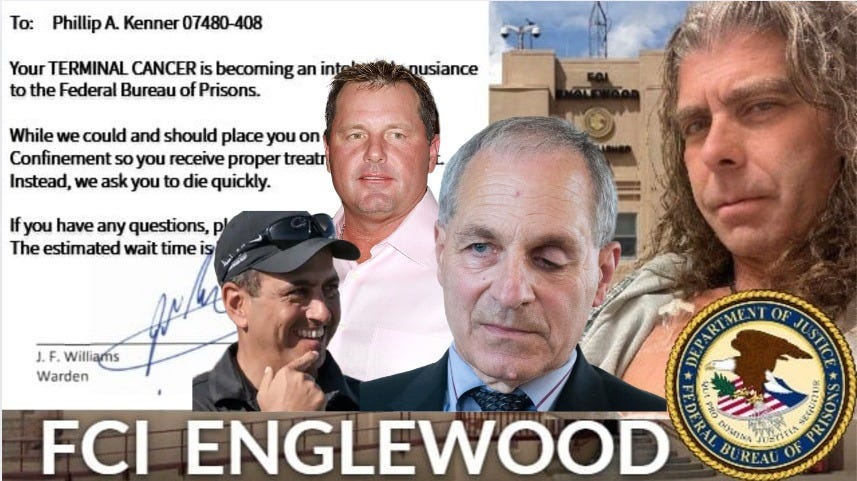
Kenner believes he remains in prison, partly because he has the goods on real estate developer Ken Jowdy, known for his Mexican properties, including Diamante Cabo San Lucas.
Bolstered by high-profile allies like former FBI Director Louis Freeh (whose name appears on the Epstein Island list) and former MLB superstar Roger Clemens, Kenner says court and federal government documents reveal a carefully orchestrated scheme to embezzle millions from investors while dodging legal consequences.
These newly provided documents deepen the case against Jowdy, Freeh, and Clemens, exposing additional layers of deceit and corruption where a man with terminal cancer is left to die in the bowels of a Biden Administration U.S. Federal Prison in the hopes his story of weaponized justice dies with him.
"A Death Sentence Within a Death Sentence"
Kenner’s journey to incarceration started with accusations of financial fraud. Prosecutors alleged he mismanaged investments and stole funds from high-profile clients. Kenner maintains his innocence, claiming the real culprit is real estate developer Ken Jowdy.
At the center of Kenner’s legal woes is Ken Jowdy, a Connecticut native and real estate developer now living between Las Vegas and Cabo San Lucas.
Kenner accuses Jowdy of embezzling millions from shared business ventures and orchestrating schemes involving money from NHL Hockey players and Kenner’s Hawaiian real estate development investors.
Court documents and FBI 302 notes detail Jowdy’s alleged misuse of funds for personal expenses, including payments to the late country star Mindy McCready, reportedly for “weekend getaways” with his friend and Diamante "Pitch-Man,” baseball legend Roger Clemens, who was married at the time.
“If you look at the FBI proffers, Jowdy himself admits these were loans from me and the investors,” Kenner explains. “But Louis Freeh, Jowdy’s attorney and the former FBI Director, twisted the narrative.”
Kenner claims Freeh—once appointed by Bill Clinton and later linked to the Jeffrey Epstein flight logs—used his influence to deflect attention from Jowdy.
“Freeh was on defense calls and ensured the government focused on me instead of Jowdy’s multi-million-dollar thefts,” Kenner alleges.
The Jowdy Connection
According to Kenner, Jowdy’s ties to powerful allies like Freeh and Clemens shielded him from scrutiny.
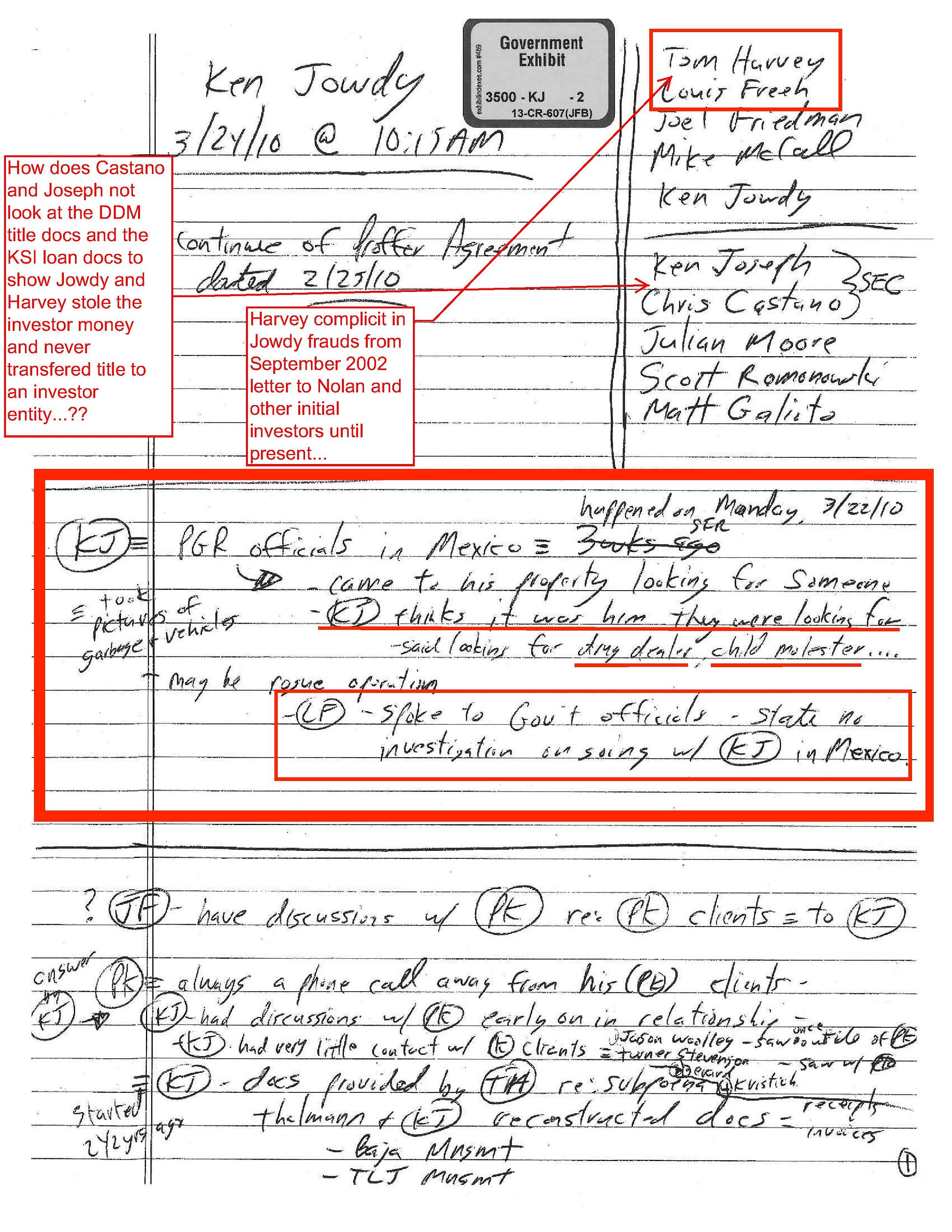
“The FBI stopped investigating Jowdy’s child trafficking allegations after Freeh intervened,” Kenner says, referencing FBI notes from a meeting on March 24, 2010, that mention Freeh’s assurances to Mexican authorities.
Kenner also points to Jowdy’s use of foreign accounts to funnel money, including to Clemens trainer Brian McNamee during Congressional Hearings.
“The government traced the funds back to Jowdy during my forfeiture hearings but ignored it,” he says.
Jowdy’s ability to avoid accountability underscores the systemic failures within the U.S. justice system. With powerful allies and a willingness to exploit legal loopholes, Jowdy defrauded investors and manipulated federal agencies to redirect blame.
As Phillip Kenner languishes in prison, battling terminal cancer, the evidence paints a stark picture of justice derailed. Jowdy’s fraudulent empire, protected by political and legal influence, is a chilling example of how power and money can pervert the truth.
Now, does this cabal have a hand in causing a terminally ill man to die inside the U.S. Federal Prison bureaucracy?
A Labyrinth of Financial Misconduct
Ken Jowdy’s actions, bolstered by high-profile allies like former FBI Director Louis Freeh, reveal a carefully orchestrated scheme to embezzle millions from investors while dodging legal consequences. The newly provided documents deepen the case against Jowdy, exposing additional layers of deceit and corruption.
Jowdy used entities such as Baja Development Corporation (BDC) to siphon money from investors, including funds from NHL players and other high-net-worth individuals. Documents show that substantial money was funneled through personal accounts or misappropriated for unrelated expenses. For example:
Shortly before the Lehman Brothers deal, $360,000 in repayments to investors created a façade of credibility, masking deeper financial mismanagement.
$75,000 of initial investments were immediately diverted to Jowdy’s personal and operating accounts.
Sex, Payoffs, and Hush Money
The documents further reveal Jowdy’s use of investor funds for sex, alcohol, and personal and political leverage.
Payments to the late Mindy McCready to silence her regarding an affair with Roger Clemens came directly from funds earmarked for the Diamante del Mar project, demonstrating blatant misappropriation.
Other hush money payments (like Brian McNamee) appear repeatedly in the financial records, notably during legal challenges involving Clemens and other prominent figures.
Star athletes also had their “concierge” at Diamante, Jose Chavez Favela.
Chavez Favela answered directly to Jowdy. His job was to provide pro sports icons with anything they wanted - usually booze and girls.
FBI 302s corroborate these claims.
The Role of Freeh in Obstructing Justice
Acting as Jowdy’s attorney, Louis Freeh was crucial in shielding Jowdy from federal scrutiny. Freeh’s influence led to the FBI and federal prosecutors ignoring clear evidence of fraud. For instance:
FBI 302 reports reveal that Freeh assured investigators of Jowdy’s innocence despite overwhelming evidence to the contrary, including forged titles and money laundering through BDC accounts.
Freeh’s connections to political elites, including ties to Jeffrey Epstein and donations to the Biden family trust, further insulate Jowdy from accountability.
Investors Left Empty-Handed
While Jowdy wined and dined pro athletes at the Diamante property, Kenner and other investors were left holding the bag. Properties that should have been titled to investors were held in entities owned exclusively by Jowdy, a fact uncovered only during government-produced evidence reviews years later. This amounted to the theft of millions intended for development projects.
Notably, Jowdy repaid initial loans to build trust among investors before abruptly ceasing repayments.
From 2006 onward, no funds were returned to investors, leaving them with significant losses.
Despite the extensive evidence, including documents subpoenaed in 2009 and corroborated through investor testimonies, federal authorities chose to target Kenner. Prosecutors misrepresented Jowdy’s actions as Kenner’s, allowing the actual perpetrator to evade justice.
Forfeiture hearings later confirmed Jowdy’s financial misconduct, but these findings were conveniently excluded from the criminal cases against Kenner. The narrative presented to the courts omitted key evidence of Jowdy’s role, perpetuating a false narrative that protected him from legal repercussions.
From Remission to Ruin
Kenner’s health took a turn for the worse during his incarceration. Diagnosed with terminal cancer, he initially received compassionate release under the CARES Act.
“While out, I accessed experimental treatments, including Eastern medicine, that put my cancer into remission,” he recounts.
His progress was halted when a restraining order—later dismissed—sent him back into custody.
Denied his previous treatment regimen, Kenner says, “The BOP removed all access to experimental remedies. My cancer came back.” Doctors now estimate he has less than a year to live.
Medical care in federal prisons has proven woefully inadequate. Kenner has endured invasive surgeries and what he describes as “barbaric, one-size-fits-all treatments” that have only worsened his condition.
“Simple things like turmeric and omega-3s, recommended by my oncologists, have been denied,” he says. “They’d rather I die than let me access the meds that were saving my life.”
Kenner’s attempts to secure better care or return to home confinement under the CARES Act have been met with delays and denials.
“The BOP keeps passing the buck,” Kenner says.
Advocacy groups have intervened on his behalf, but their efforts have been stonewalled.
“Every time they debunk a reason for holding me, the BOP invents a new one,” Kenner claims.
Kenner’s frustrations boil over when discussing his treatment:
“It’s not just negligence—it’s deliberate indifference. They know this is killing me.”
A Plea for Compassion
Kenner’s battle is no longer just legal—it’s existential. He knows time is running out but refuses to give up hope. “If I were released, I could restart the treatments that saved my life before,” he says.
Kenner’s supporters echo his calls for action.
“This isn’t about guilt or innocence anymore,” says Kenner’s daughter, a medical doctor. “This is about basic human decency.”
Kenner concludes with a grim yet defiant tone: “They may succeed in letting me die here, but I won’t let them take my voice. People need to know what’s happening behind these walls.”
He believes no one should be immune from scrutiny, let alone high-ranking lawyers.
“We’re in a new era. Just because you were a lawyer who served with distinction in the 1990s and 2000s doesn’t mean you can’t be torn apart in the public square by the mob for political purposes. Look at Rudy Giuliani. The only difference is now Democrats aren’t immune.”
As Kenner fights for survival, his story raises urgent questions about justice, accountability, and the humane treatment of inmates. Ultimately, his legacy may be a stark reminder of the price paid when compassion is lost to bureaucracy.







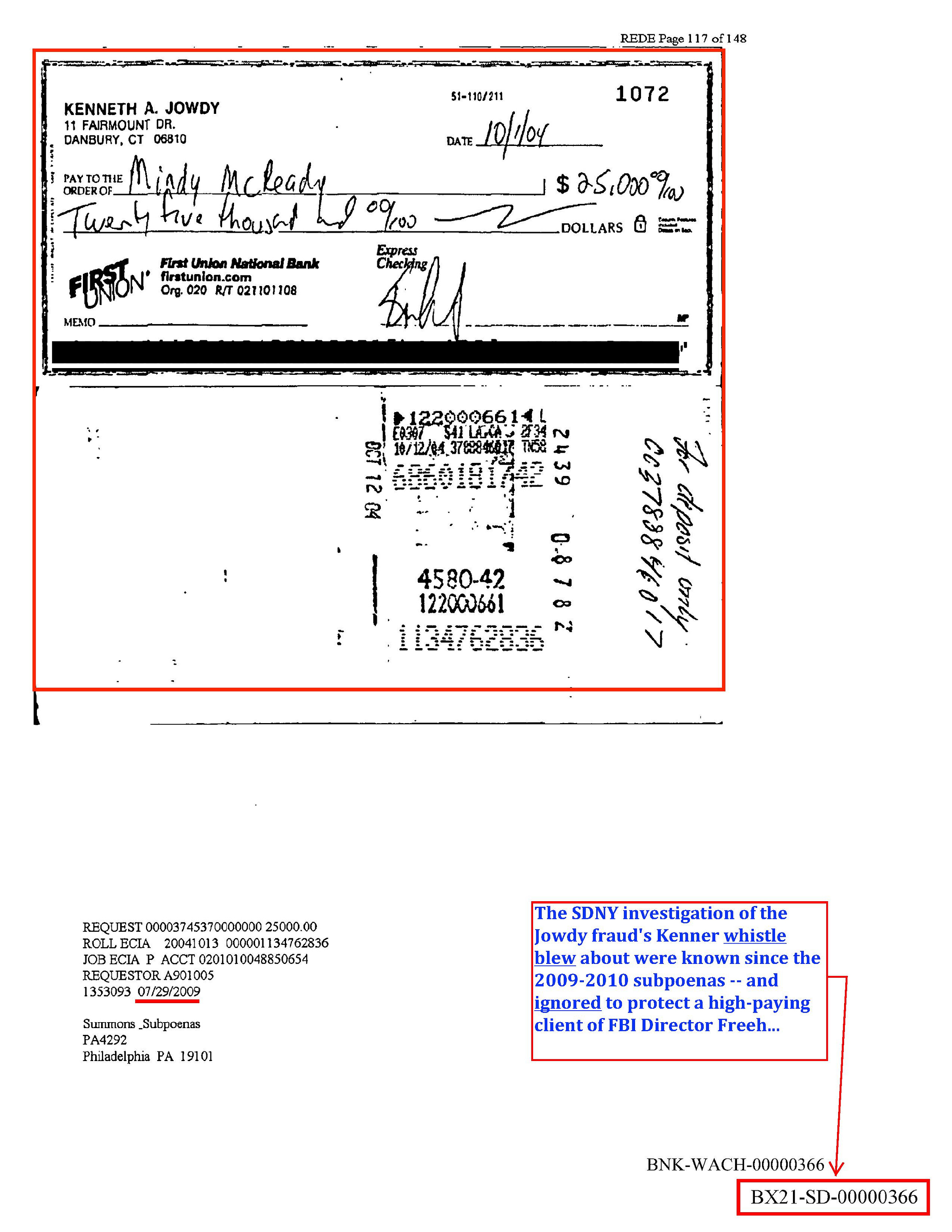
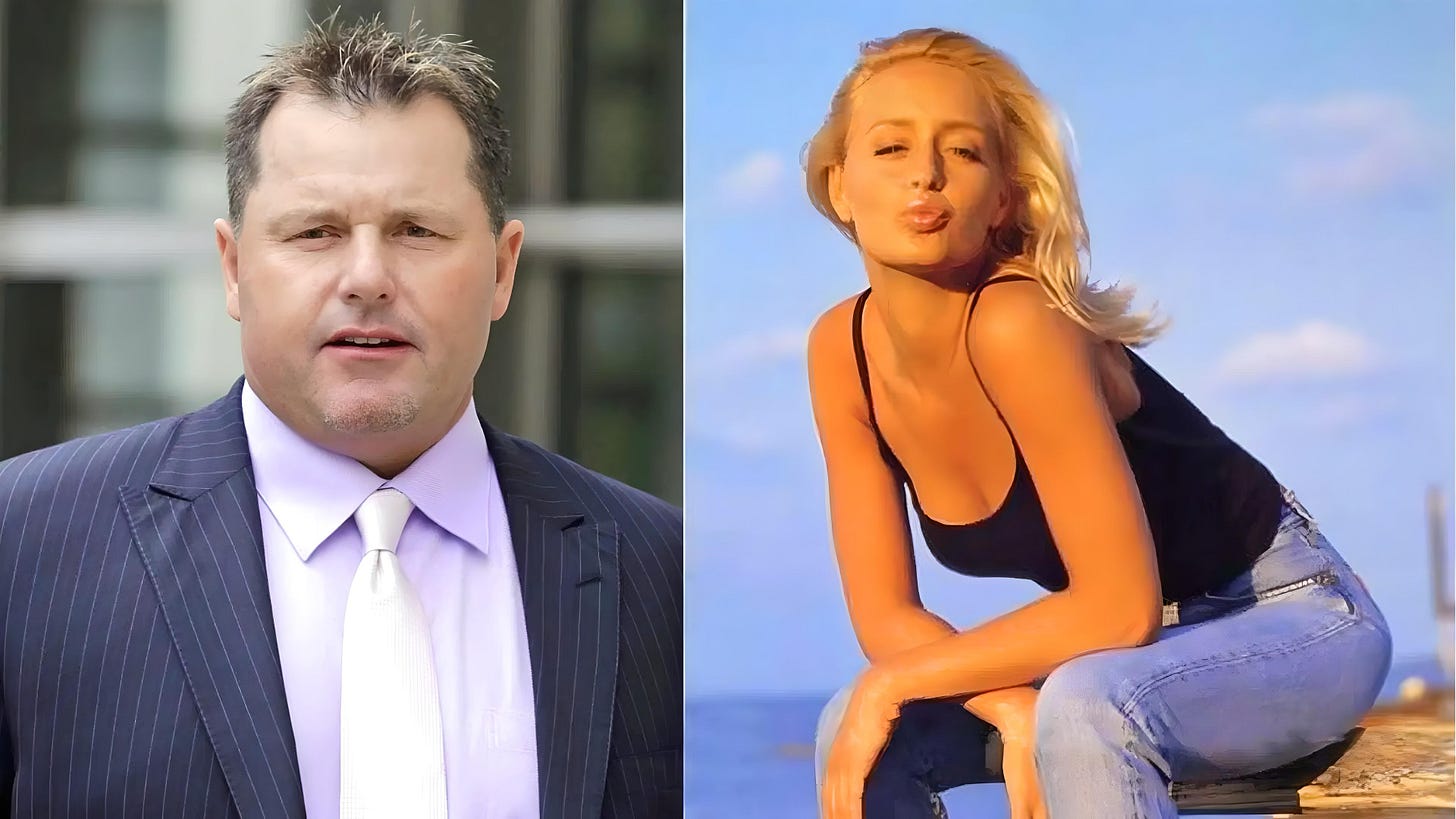
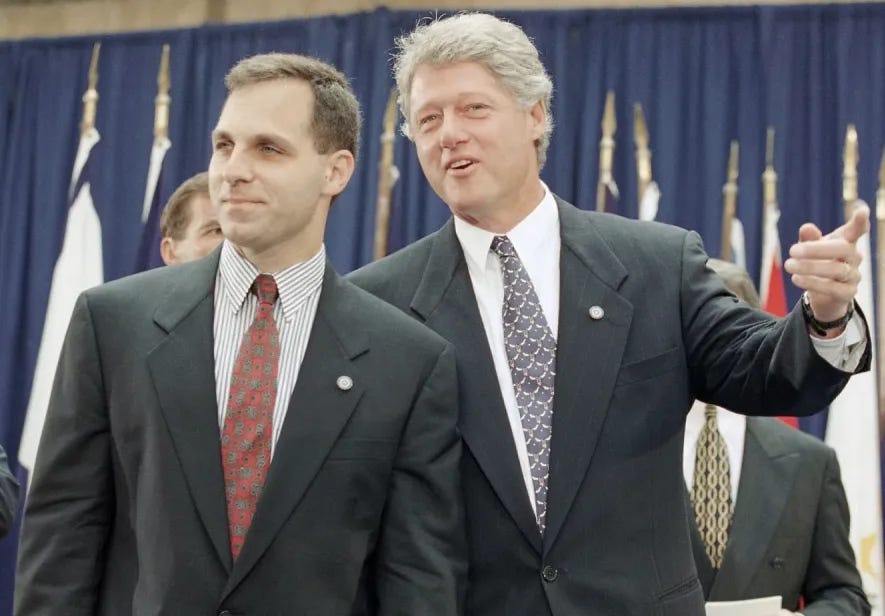
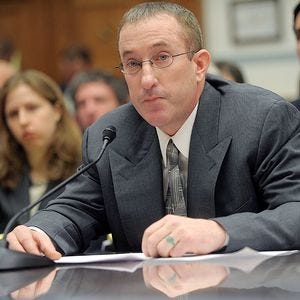
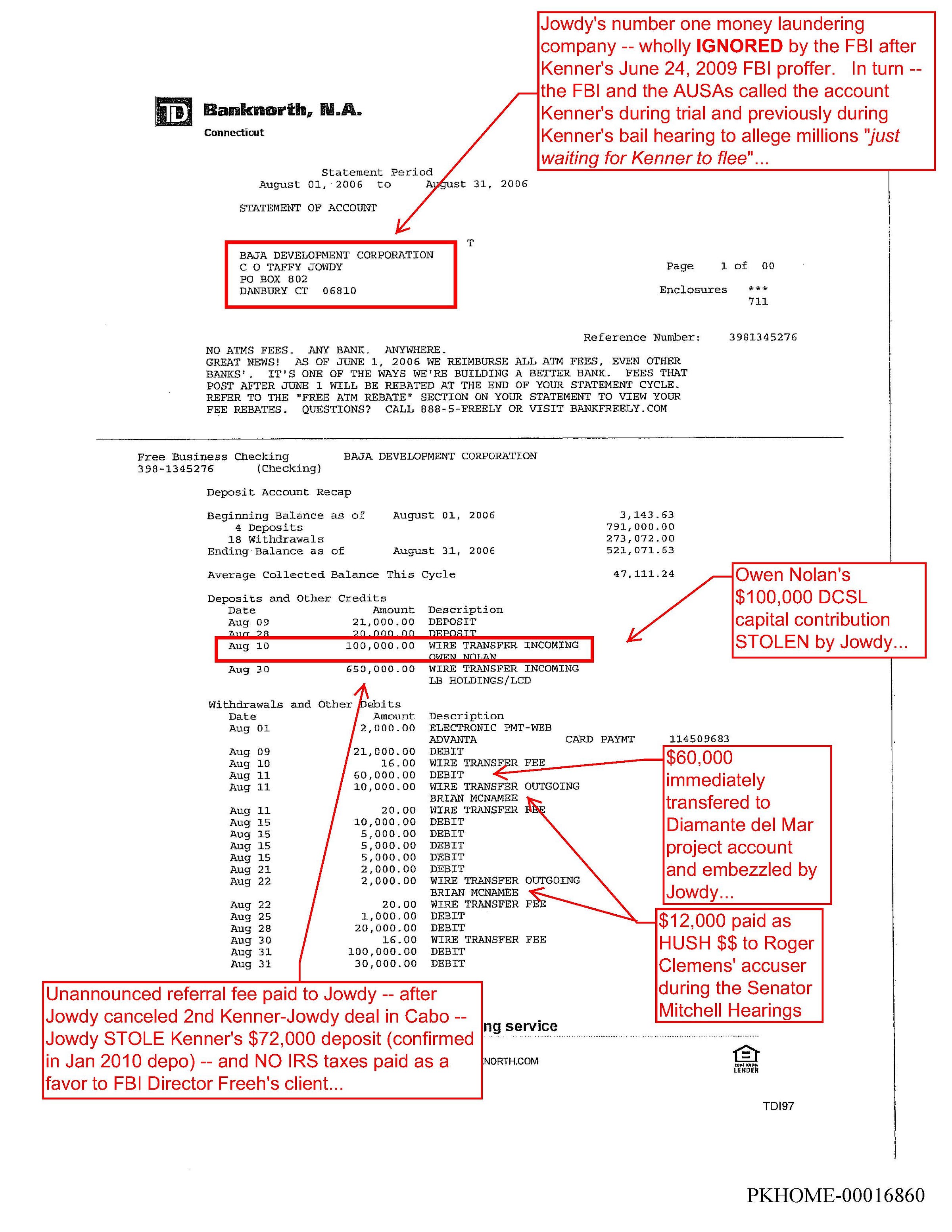
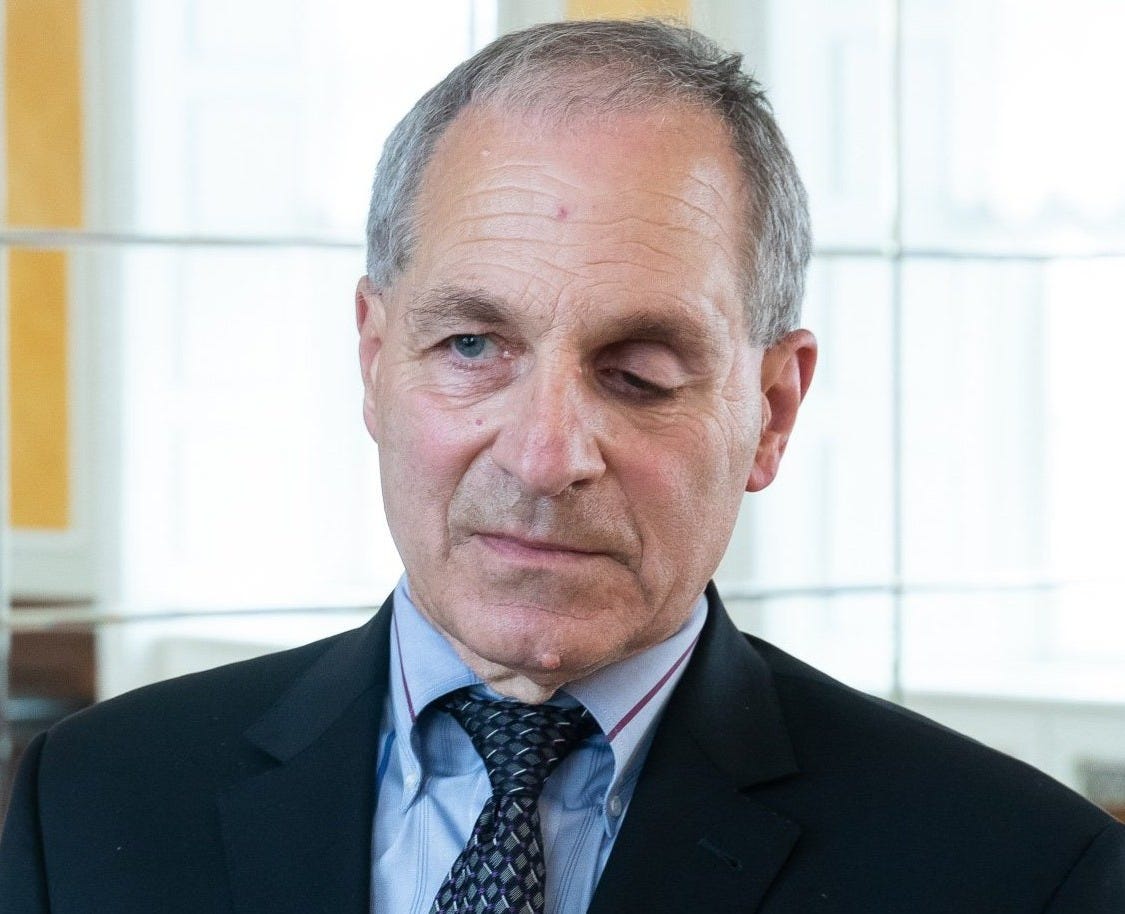

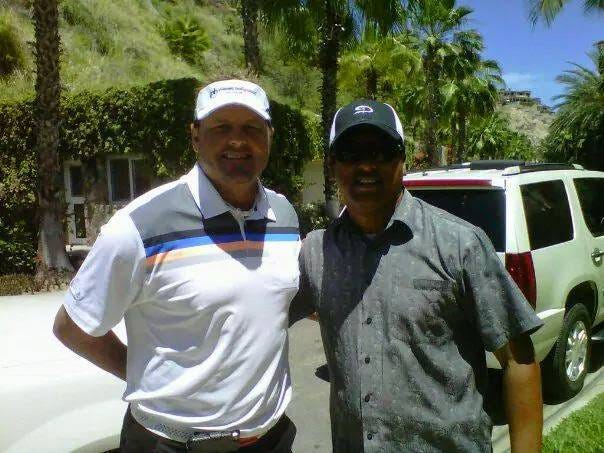

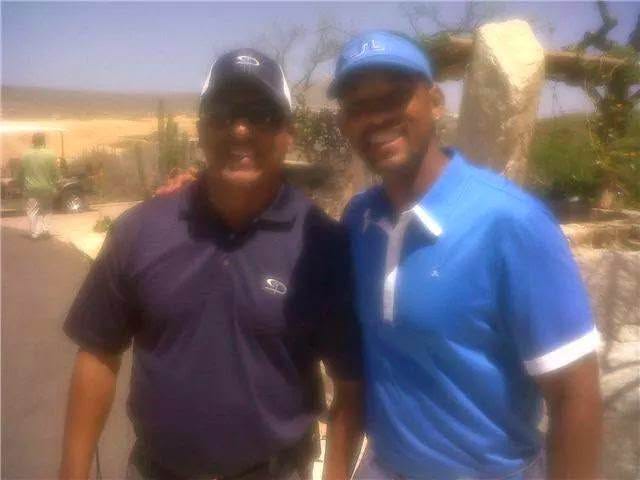
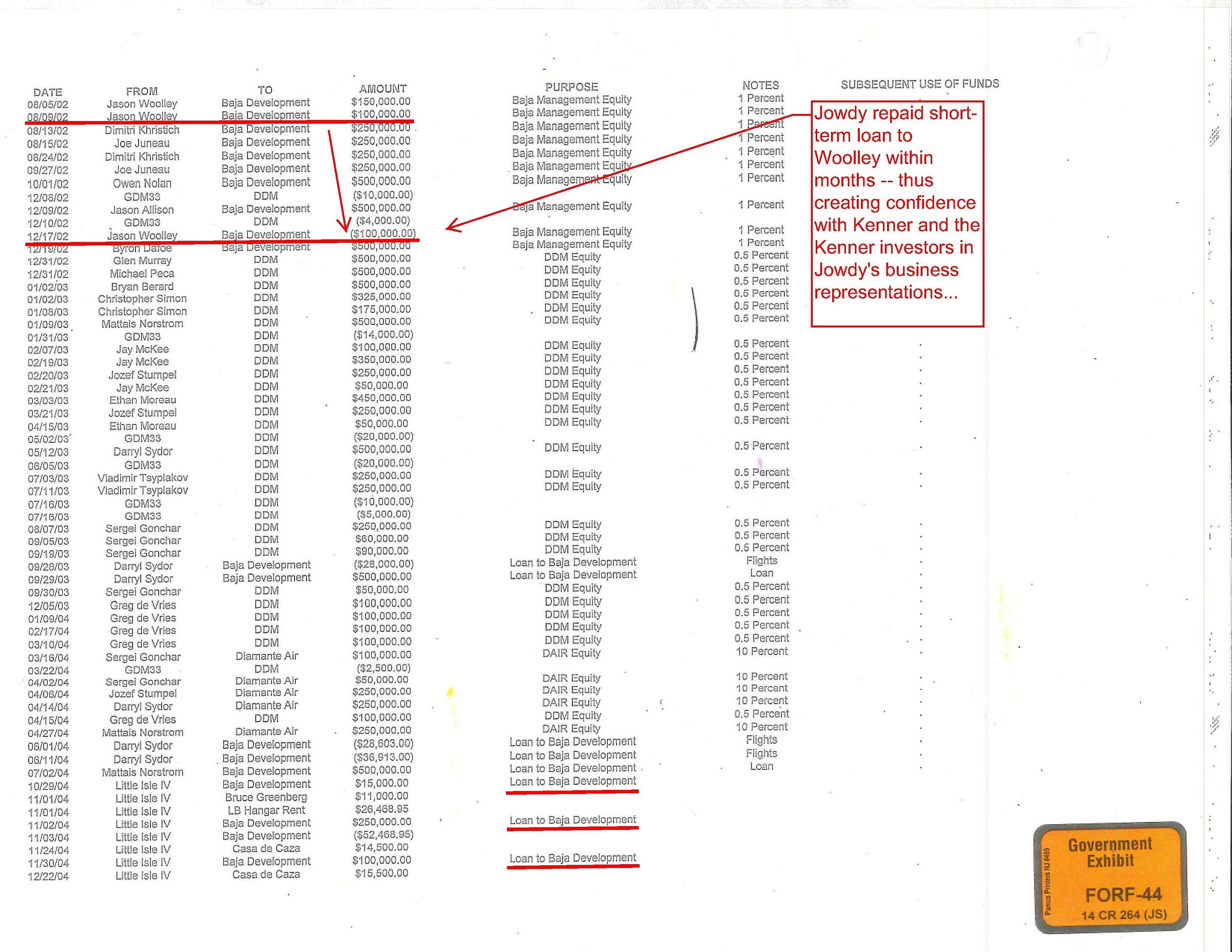
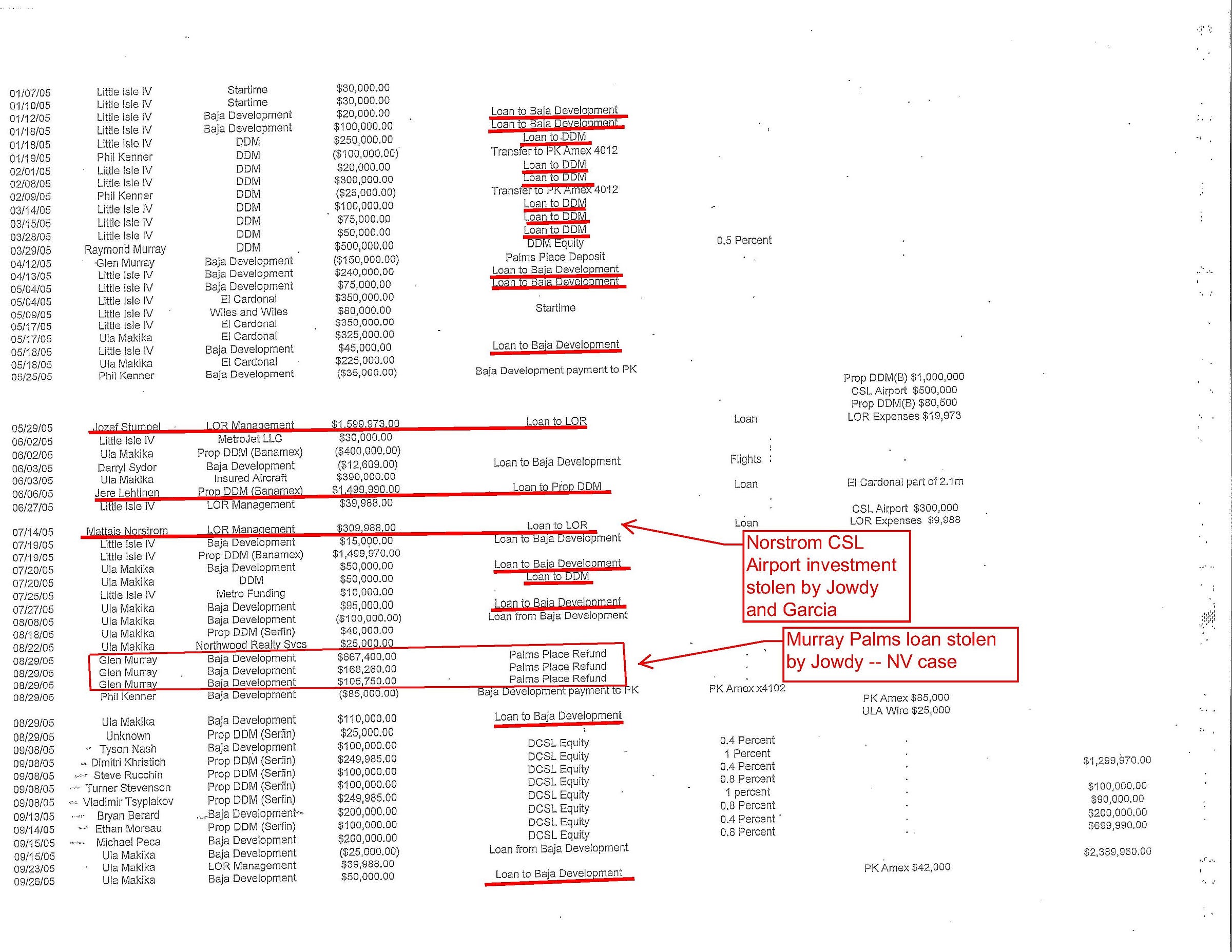
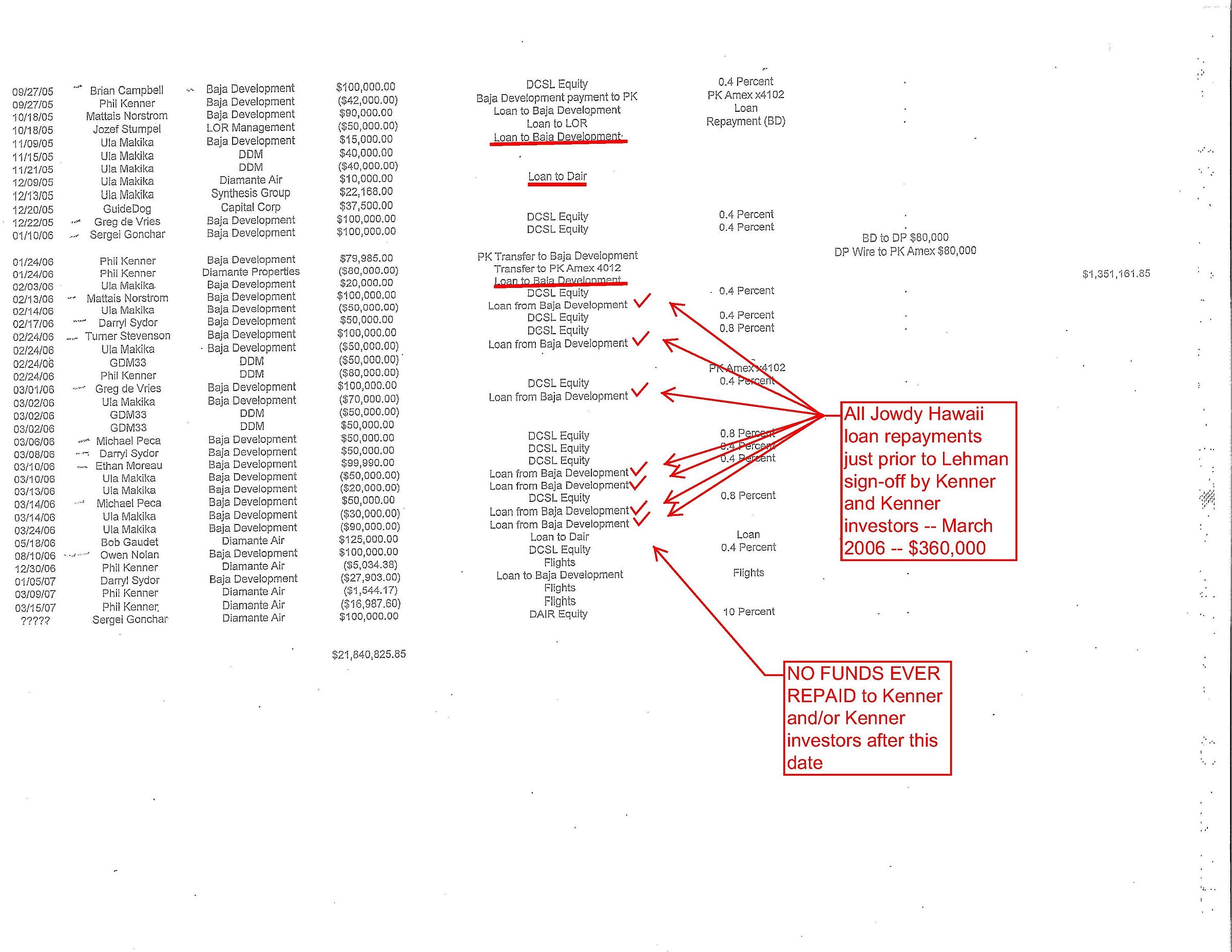
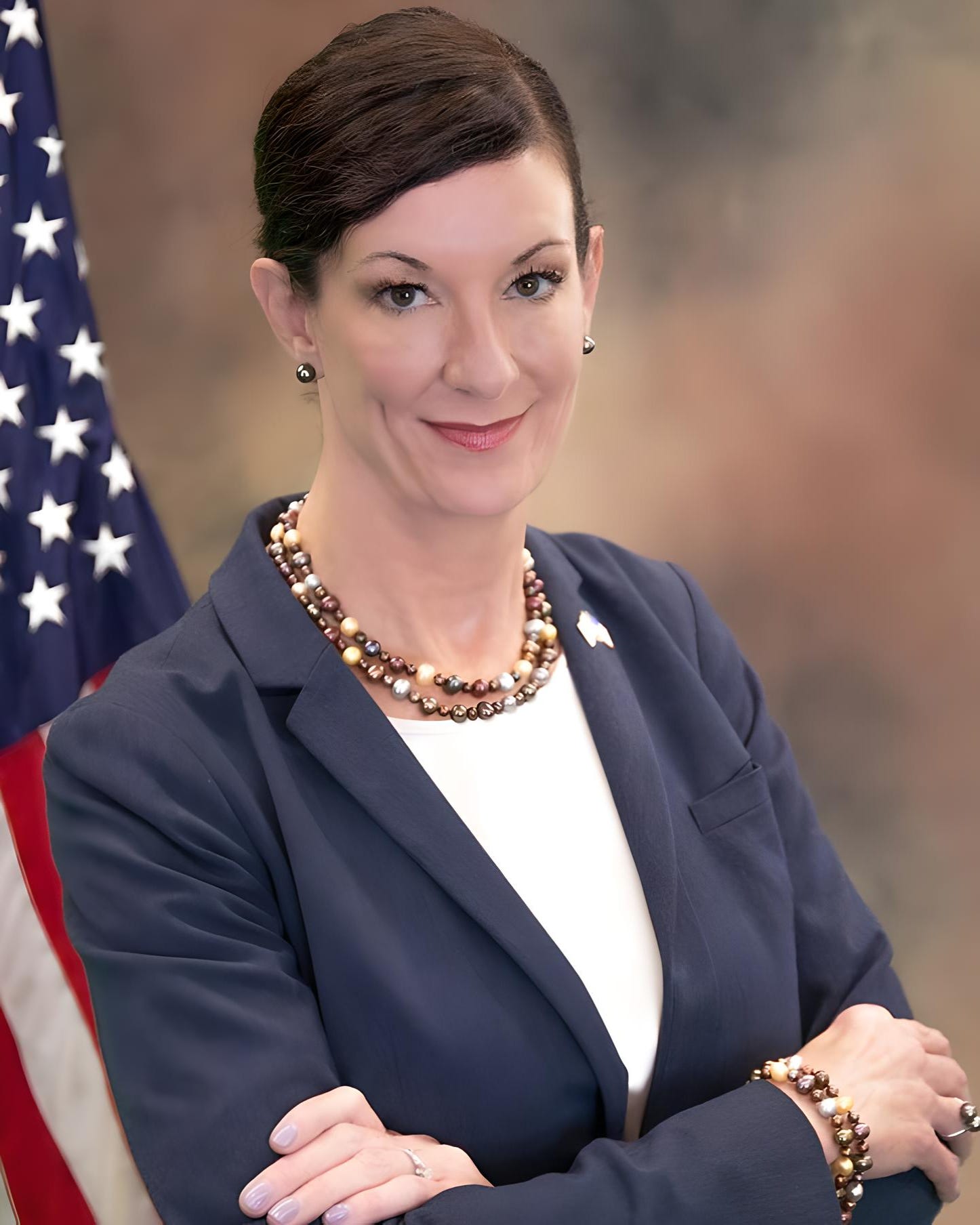
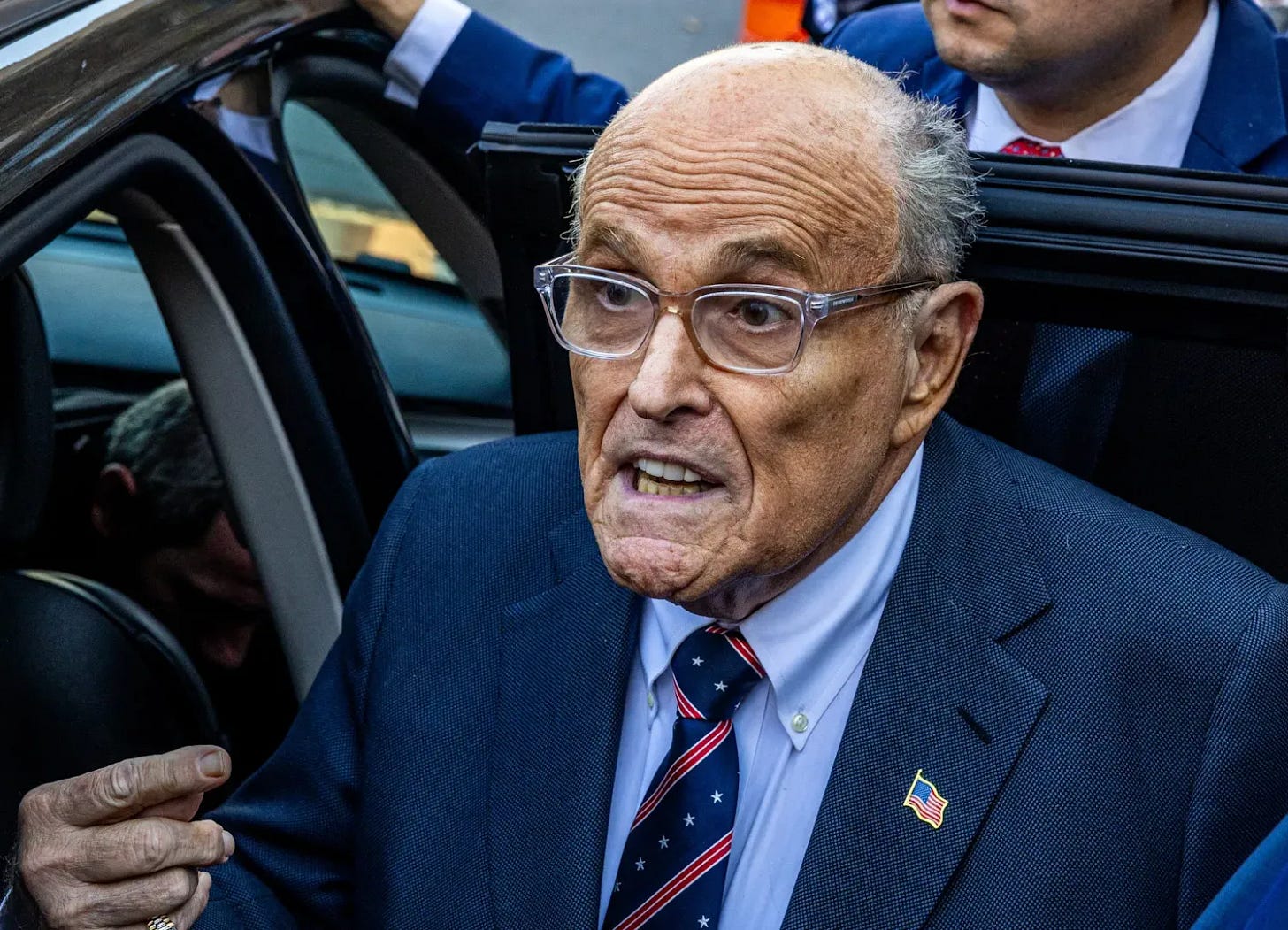








Share this post